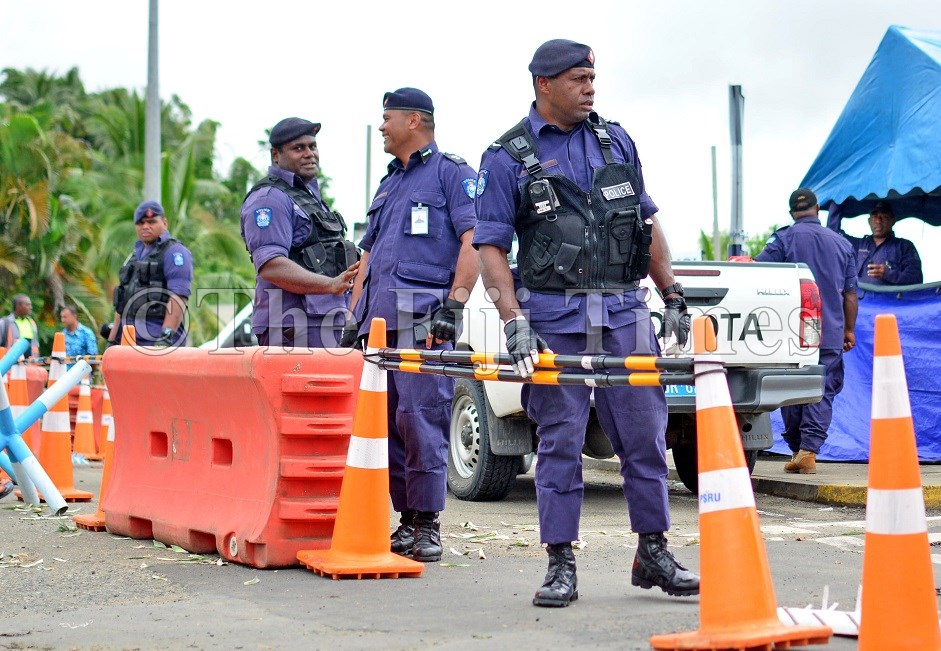A DISCUSSION paper released by the Fiji Law Reform Commission is pushing for the formal legalisation and regulation of covert policing operations as part of its comprehensive review of the Police Act 1965.
The paper states that the current law is silent on crucial aspects of intelligence gathering in modern law enforcement.
Currently, under Section 17(3) of the existing Act, it is the duty of every police officer to “collect and communicate intelligence.”
However, the provision offers no detail on what intelligence gathering entails or how it should be conducted.
“One aspect of intelligence gathering for modern policing that was raised in targeted consultations was covert policing operations,” the paper explains.
“These include undercover officers, surveillance devices, or discreet interactions with suspects, all of which are essential tools in combating organised crime, drug trafficking, corruption, and other complex offences.”
The paper notes that “under Fiji’s current Act, no framework exists to regulate covert operations, there is no provision for surveillance warrants, controlled undercover activity, or oversight mechanisms.”
“This lack of regulation raises serious concerns. Without clear legal boundaries and authorisation procedures, covert operations may infringe on personal and privacy rights, evidence may be challenged or excluded in court, and operational accountability remains undefined.”
The paper notes Fiji’s Illicit Drugs Control Act 2004 does provide limited authority for such operations in drug cases.
Under this Act, a high court judge can issue an interception warrant “authorising the covert monitoring and recording, by any means, of the conduct and communications” of a suspect, if a senior police officer has reasonable grounds to believe an offence has been or will be committed.
The warrant may even authorise covert entry to install monitoring devices.
The Act also allows oral applications for urgent cases, valid for only 48 hours.
“A controlled operation may only be undertaken after an application to a Controlled Operations Committee,” the paper notes.

